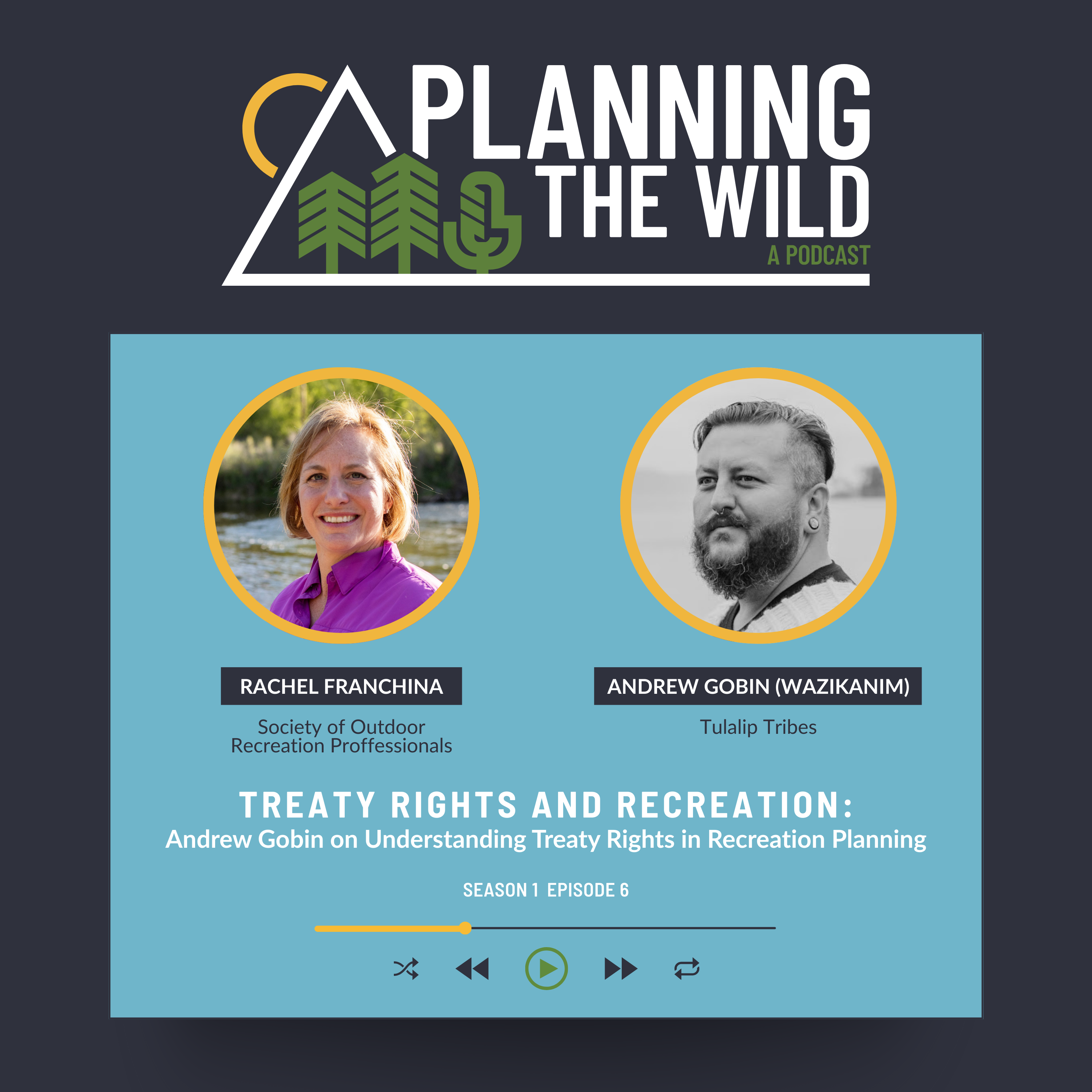Planning the Wild

Planning the Wild
Podcast Description
Welcome to Planning the Wild, the podcast designed for U.S. Forest Service professionals and partners working to enhance outdoor recreation experiences on national forest lands in the Pacific Northwest. Each episode offers practical strategies, expert interviews, and field-based insights to support effective planning and management of recreation resources. From navigating NEPA and forest planning processes to designing sustainable infrastructure and managing visitor use, this show helps you support the outdoor recreation economy, public access and stewardship goals. Whether you're new to recreation planning or a seasoned specialist, this is your resource for making smart, informed decisions that serve both people and the land.
Podcast Insights
Content Themes
The podcast covers essential topics such as recreation resource management, sustainable infrastructure design, and visitor use management, with episodes featuring insights on NEPA navigation and the impact of natural disasters on recreation facilities. Specific episodes include interviews with experts like Don Amador on trail management and discussions with Nick Green on public-private collaborations fostering rural community development.

Welcome to Planning the Wild, the podcast designed for U.S. Forest Service professionals and partners working to enhance outdoor recreation experiences on national forest lands in the Pacific Northwest. Each episode offers practical strategies, expert interviews, and field-based insights to support effective planning and management of recreation resources. From navigating NEPA and forest planning processes to designing sustainable infrastructure and managing visitor use, this show helps you support the outdoor recreation economy, public access and stewardship goals. Whether you’re new to recreation planning or a seasoned specialist, this is your resource for making smart, informed decisions that serve both people and the land.
In this episode of “Planning the Wild,” we delve into the intersection of traditional knowledge and modern resource management with Andrew Gobin, the treaty rights manager for the Tulalip Tribes. Raised in the traditions of his people, Andrew shares how these teachings guide his work in protecting the rights and resources of his community. Discover how tribal sovereignty and traditional management practices are being integrated into contemporary strategies to preserve natural resources. Join us for an insightful conversation on the importance of cultural heritage in shaping sustainable futures.
Resources:
Tulalip Treaty Rights Office: https://www.tulaliptribes-nsn.gov/Dept/TreatyRightsAndGovernmentAffairs
Tulalip Uplands Strategic Plan
Treaty of Point Elliott: https://goia.wa.gov/tribal-government/treaty-point-elliott-1855
Boldt Decision: https://lib.law.uw.edu/indian-tribal/boldt
Indian Country 101: https://www.whitenergroup.biz/indiancountry101
Meet Our Guest, Andrew Gobin (Wazikanim)
A lifelong resident of the Tulalip Indian reservation, Andrew was raised in the traditions of his people. The teachings and values instilled since birth have guided him in his work to protect the rights and resources of his people and for future generations – ensuring the continuation of his culture. Currently Andrew is the Treaty Rights Manager for the Tulalip Tribes where he and his team work to protect the inherent rights reserved by his people through the 1855 Treaty of Point Elliott – the right of taking fish at all usual and accustomed places, and to hunt and gather on open and unclaimed land. Co-management is a key element of treaty rights as a unique authority held by treaty tribes. Through work in treaty rights, Andrew brings tribal sovereignty to the fore as he works to incorporate traditional knowledge and management practices into modern plans and strategies in order to protect and preserve the natural resources across the lands and waters.

Disclaimer
This podcast’s information is provided for general reference and was obtained from publicly accessible sources. The Podcast Collaborative neither produces nor verifies the content, accuracy, or suitability of this podcast. Views and opinions belong solely to the podcast creators and guests.
For a complete disclaimer, please see our Full Disclaimer on the archive page. The Podcast Collaborative bears no responsibility for the podcast’s themes, language, or overall content. Listener discretion is advised. Read our Terms of Use and Privacy Policy for more details.